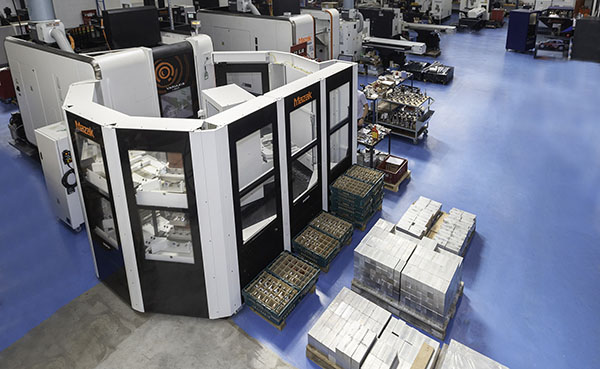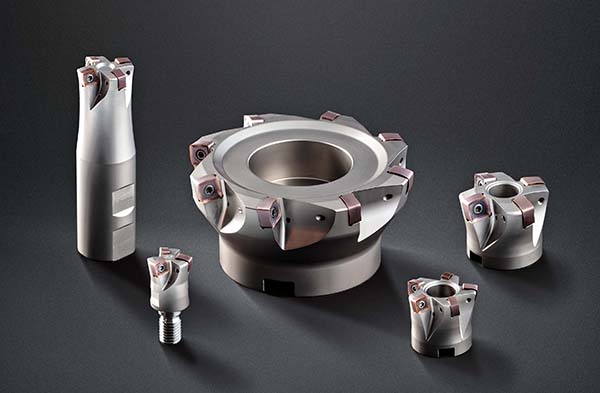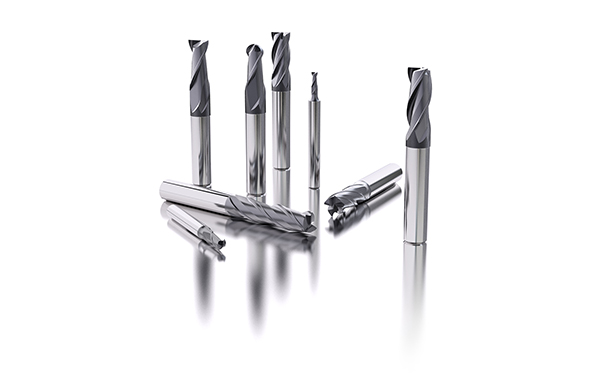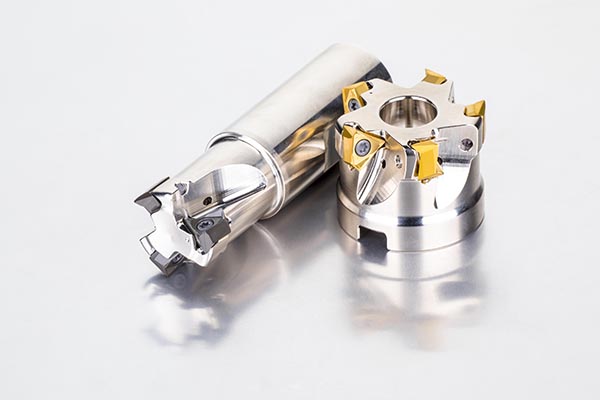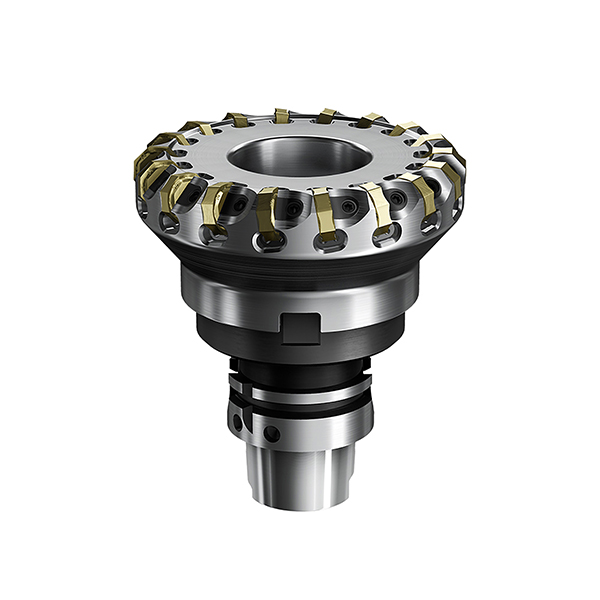
Padiham-based Mini Sport Group has been supplying its customers with parts for the iconic classic Mini for over 50 years. Since 2005, group company Motorsport Advanced Developments (MAD) has been manufacturing many of these parts in-house.
In order to support recent increased machining demand and capacity, MAD turned to long-term tooling partner Ceratizit UK & Ireland, with which it has worked with from the outset of the business. Already a user of Ceratizit’s vending systems, in the form of two TOM60 vending machines, the challenge was to supply increased tool storage capacity without compromising floor space. The solution was the installation of the latest TOM840, which will replace the two existing units. TOM840 has a maximum capacity of 840 tools in compartments that are adjustable to take a wide variety of shapes and sizes.
The Ceratizit TOM vending system also provides users with detailed traceability, offering the ability to track the distribution of every tool, from time of vend, to which operator took it, while also monitoring costs. With its integrated SIM card communications, the machine automatically sends replenishment stock orders to the team of five dedicated vending support staff based at Ceratizit’s office in Sheffield. A Ceratizit tool service engineer then replenishes the stock and, once a month, the system raises an invoice. As the stock within the TOM840 is supplied on a consignment basis, only those tools vended are charged for.
A further advantage of the consignment stock is that the user can never be left with obsolete tools; whenever an update is released, the tools are replaced. This latest vending installation brings the total number of machines in the market to 435.
For further information
www.ceratizit.com






